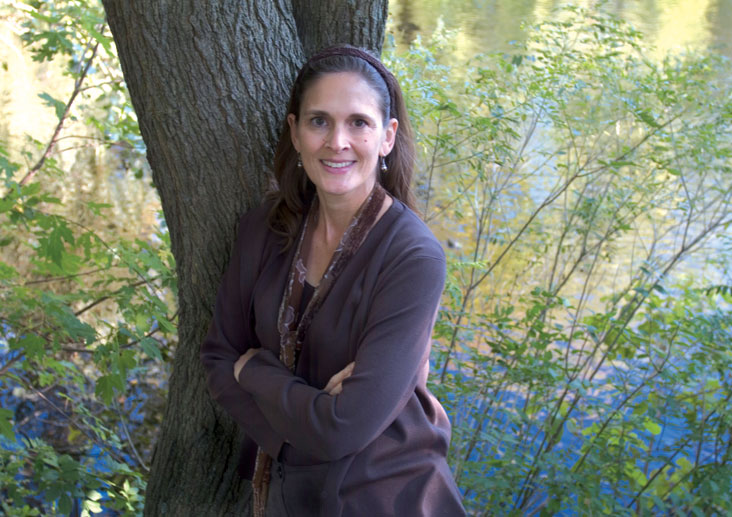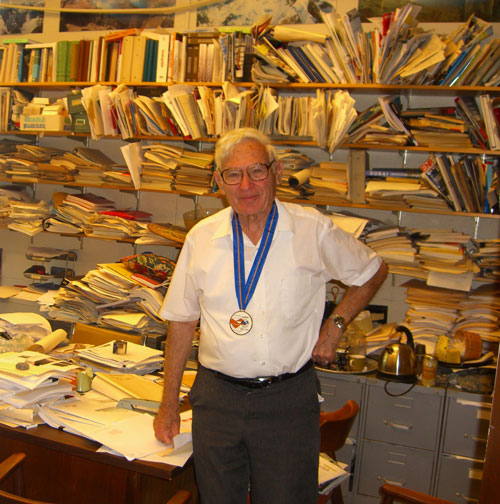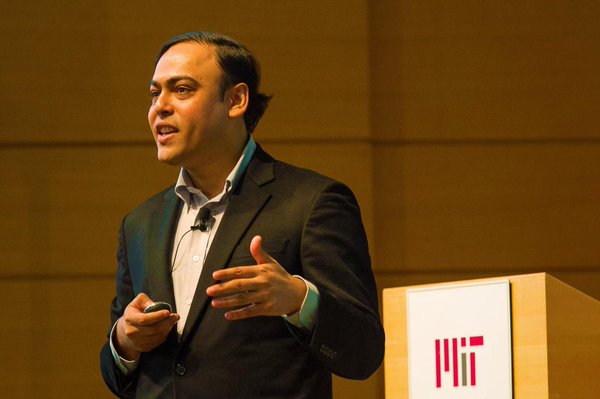In MIT’s Civil and Environmental Engineering department, professors work on “big engineering.” The department solves problems like optimizing automobile traffic flow, designing global logistics systems, and conducting environmental impact analysis. LGO students in Civil and Environmental Engineering have the flexibility to build their own curriculum from the ground up to focus on their specific areas and industries of interest.
During the program, LGO Civil Engineering students are paired with a faculty advisor who helps them select courses, integrates them into the faculty’s research group, and oversees their LGO internship.
LGO students completing the MS in Civil and Environmental Engineering complete:
- The required courses in the LGO summer core
- Four engineering courses (at least three within the Civil and Environmental Engineering department) following the student’s interest and faculty advisor approval.
- Each LGO Civil Engineering student is paired with a faculty member, at the time of admission, who helps select courses that fulfill the department’s requirements and the student’s academic and career goals.
- An LGO Internship incorporating Civil Engineering content, resulting in a dual-degree thesis overseen by the student’s faculty advisor.
Civil and Environmental Engineering (Course 1) is organized into five research areas that students can pursue:
- Resilient Systems and Mobility
- Sustainable Materials and Infrastructure
- Climate, Environment, and Life Sciences
- Food and Water Security
A full list of Course 1 classes can be found on the MIT Course Catalogue.
Popular research areas among LGOs:
Resilient Systems and Mobility
Taking a broad scope to look at world-wide systems, this area highlights issues impacting the entire globe and associated natural and human-made systems. Logistics and supply chain is a very popular research area for LGO students, who take analytics and optimization courses and usually complete an internship in a supply chain or data analysis project.
- Key Areas of Research: Supply chain resiliency, price optimization, inventory, transportation and procurement optimization; System dynamics; Cyberphysical systems; Integrating autonomy into urban societal systems; Global Health; Networks; Sensing and data analytics
- Sample of Classes: 1.001 Engineering Computation and Data Science; 1.125 Architecting and Engineering Software Systems; 1.142 Robust Modeling, Optimization, and Computation; 1.146 Engineering Systems Analysis for Design; 1.261 Case Studies in Logistics and Supply Chain Management; 1.275 Business and Operations Analytics; 1.208 Resilient Networks
Sustainable Materials and Infrastructure
This research is tackling the challenges of preserving our natural resources and developing sustainable materials for resilient infrastructure. Students focused in this area will often complete an internship related to sustainability or energy.
- Key Areas of Research: Durable building materials; Geotechnical engineering and energy infrastructure; Bio-inspired design of modern architected materials; Topology optimization and additive manufacturing; Atomistic and molecular modeling of protein-based materials; Physics of multiphase flow in porous media; Computational mechanics and structural dynamics; Structural health monitoring and intelligent structures
- Sample of Classes: 1.535 Mechanics of Materials; 1.818 Sustainable Energy; 1.303 Infrastructure Design for Climate Change; 1.541 Mechanics and Design of Concrete Structures
Climate, Environment, and Life Sciences
Environmental engineering coursework focuses on the natural and human-made resources, like food, water, air, energy, materials, to explore and understand their extraction, generation, and interaction with the environment. Internships in sustainability and energy efficiency initiatives are popular among students interested in this area of CEE research.
- Key Areas of Research: Community ecology; Microbiomes; Ecological networks; Atmosphere & air quality; Energy; Material sourcing; Coastal resilience; Population growth; Climate; Oceans; Global health
- Sample of Classes: 1.731 Water Resource Systems; 1.74 Land, Water, Food, and Climate; 1.811 Environmental Law: Pollution; 1.813 Technology, Globalization, and Sustainable Development; 1.873 Ecological Dynamics & Modeling
Many LGO partner companies are able to offer internship projects that satisfy Civil Engineering requirements. These projects can focus on supply chain systems, optimization processes, logistics infrastructure, sustainability initiatives, and construction analysis. Some recent CEE internships have been :
Julie Sarasua (LGO ’23)
Title: Network Optimization of a D2C Supply Chain
Partner Company: American Industrial Partners
Mariko Ogawa (LGO ’22)
Title: Carbon Footprint Allocation Methodology across Multiple Business Teams and Activities
Partner Company: Amazon
Kunal Sanghani (LGO ’22)
Title: Early Stage Rollout and Advanced Functionality of Digital Mining Analytics & Insights Platform
Partner Company: American Industrial Partners
Liza Xu (LGO ’21)
Title: Identifying Risk Exposure in a Global Retail Supply Chain
Partner Company: Nike
For LGO applicants, the Civil and Environmental Engineering department looks for:
- A previous degree in science or engineering. Previous LGO CEE students have enrolled with degrees in industrial engineering, computer science, mathematics, electrical engineering, civil engineering, and geology.
- Defined research interests in line with Civil and Environmental Engineering’s department research areas.
- All LGOs are paired with a CEE faculty advisor during the admissions process.
Applicants should have a stated interest in one of CEE’s research areas. Previous work experience within the applicant’s defined focus is not required. In the past, for example, LGO has admitted students with backgrounds in consulting, manufacturing, oil and gas, and environmental impact firms.
Because civil engineering is highly applicable to global organizations, CEE LGO graduates have excellent career prospects. Students work in a diverse range of industries, from aerospace to e-commerce. Graduates are excellently qualified to lead projects on systems optimization, data analytics, and global supply chains.






